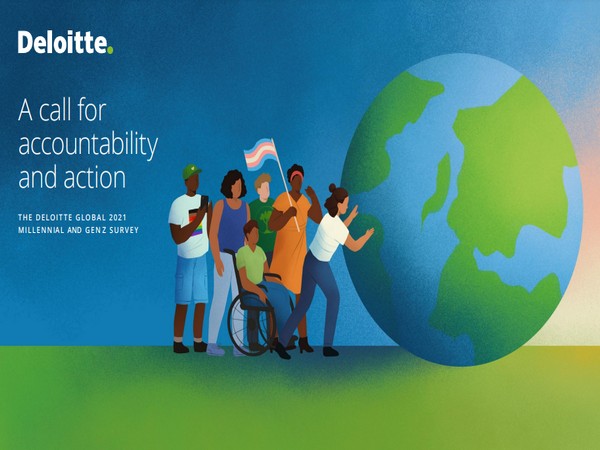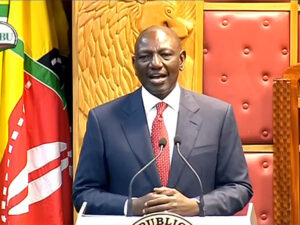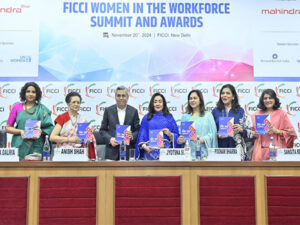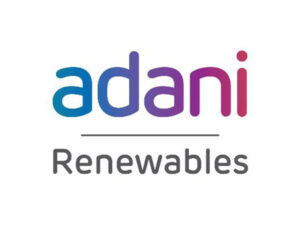
New Delhi [India], June 19 (ANI): The Covid-19 pandemic has brought stress to the forefront of social consciousness with 41 per cent of millennials and 46 per cent of Gen Zs globally feeling stressed all or most of the time.
Finances, family welfare and job prospects have been the main stress drivers, according to Deloitte’s 2021 Millennial and Gen Z Survey which is now in its 10th year.
This stress spills over into the workplace. About a third of all respondents — 31 per cent of millennials and 35 per cent of Gen Zs — have taken time off work due to stress and anxiety caused by the pandemic.
However, nearly half of this group gave their employer a different reason for their absence, likely due to a continuing stigma around mental health in the workplace.
The 2021 report gathered views of 14,655 millennials and 8,273 Gen Zs (22,928 respondents total) from 45 countries across North America, Latin America, Western Europe, Eastern Europe, the Middle East, Africa and Asia Pacific.
Only 38 per cent of millennials and 35 per cent of Gen Zs have felt comfortable enough to speak openly with their supervisors about the stress they are feeling. And 40 per cent say their employers have done a poor job supporting their mental health during the pandemic.
“Fostering open and inclusive workplaces where people feel comfortable speaking up about stress, anxiety or other mental health challenges they are experiencing is critical,” said Michele Parmelee, Deloitte Global Deputy CEO and Chief People and Purpose Officer.
“Employers have a responsibility to create a work environment that supports employees’ mental health and well-being and allows them to thrive.”
The Covid-19 pandemic has heightened millennials and Gen Zs’ uncertainty about their financial futures. Two-thirds of all respondents say they often worry or get stressed about their financial situations.
The same number say that the pandemic has caused them to reassess and alter their financial goals. Looking ahead, only 36 per cent of millennials and 40 per cent of Gen Zs believe their personal financial situations will improve by 2022.
While personal financial concerns increasingly are on their minds, so is wealth inequality as a larger societal issue. Two-thirds of millennials (69 per cent) and Gen Zs (66 per cent) surveyed think wealth and income is distributed unequally throughout society.
Job loyalty also slipped a bit from last year’s record high. More millennials and Gen Zs would, if given the opportunity, leave their current employers within two years (36 per cent and 53 per cent respectively) compared to 31 per cent and 50 per cent in 2020 while about the same say they plan to stay at least five years (34 per cent millennials, 21 per cent Gen Zs).
And 44 per cent of millennials and 49 per cent of Gen Zs say they have made choices over the type of work they are prepared to do and the organisations they are willing to work for based on their personal ethics over the past two years.
“Over the years, this survey has consistently shown that millennials and Gen Zs are values-driven and action-oriented, and they are holding themselves and business accountable,” said Parmelee.
“Even during a difficult year, they continue to push for positive societal change. Businesses that share their vision and support them in their efforts to create a better future will come out on top.” (ANI)



















